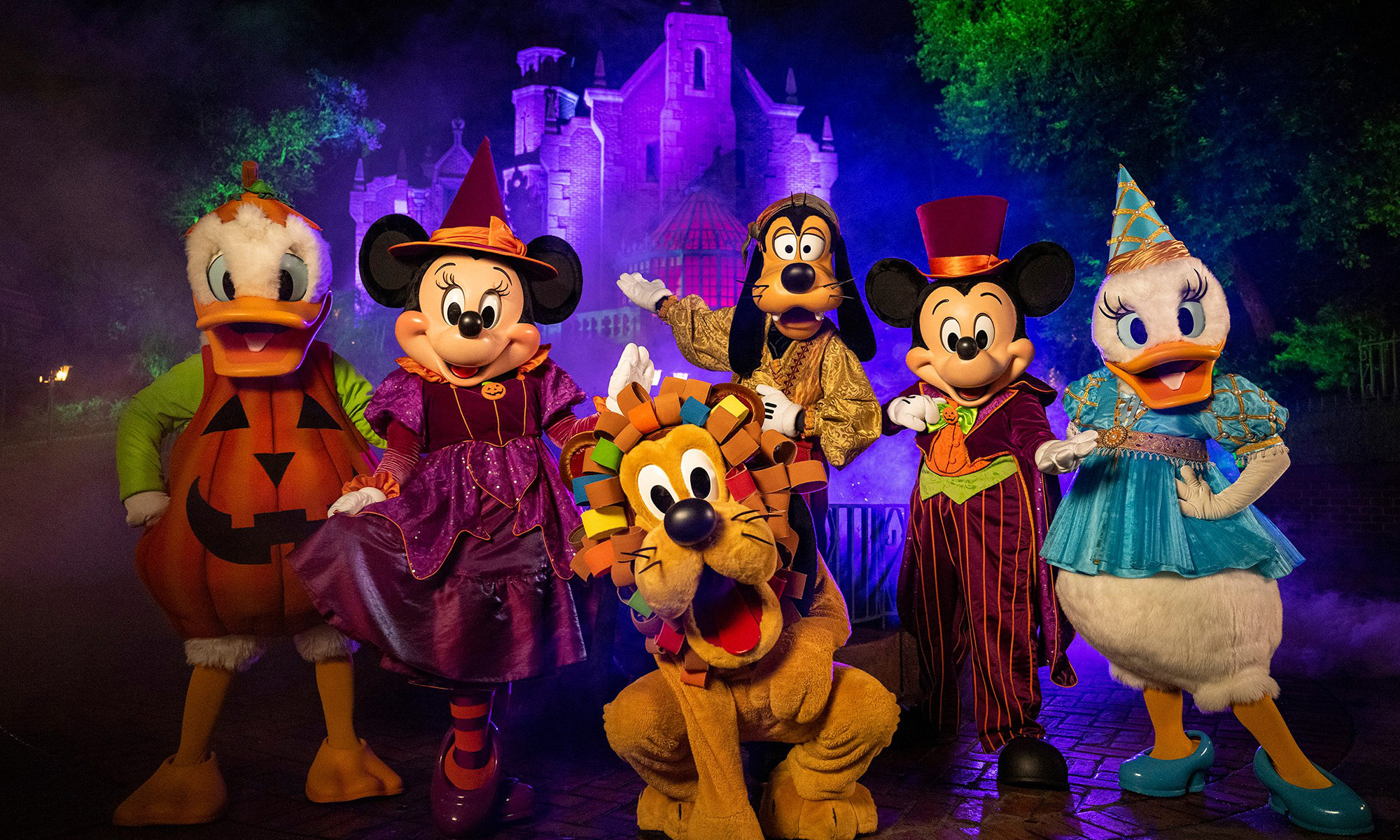Over the past few years, Disney (DIS +0.49%) has spent billions on acquisitions to expand its movie empire. $7.4 for Pixar, $4 billion for Marvel, and now $4 billion for Lucasfilms is a hefty sum for a studio, and box office sales alone won't likely recoup the cost.
So what's behind all of this spending and what's the long-term strategy? There's a larger master plan taking shape at Disney.
Resorts are big business
If you've ever been to a Disney amusement park, you know that Disney's characters are the heart and soul of the experience and attractions. Mickey and the gang are walking about and adorn rides that are themed after Disney's famous movies. But in recent years the company's studios have failed to develop characters that were a staple of Disney's past. Pixar took some of Disney's thunder in the animated business, so that acquisition fills a void in the children's arena.
The acquisitions of Marvel and Lucasfilm will also bolster the company's theme parks as well. Iron Man, Hulk, Indiana Jones, and Darth Vader provide a draw for a wide range of age groups that will visit the parks and cruise lines each year. And it's big business.
Parks and resorts are Disney's second-largest business, generating 30.6% of the company's revenue in the past fiscal year. The studio entertainment segment generated just 13.8% of revenue and just 7.3% of operating income. If we assume that studio entertainment's $722 million of operating income continues, it would take 21.3 years to pay for the three acquisitions highlighted above, so Disney clearly thinks there's money to be made elsewhere and parks and resorts are a likely key.
The parks business also provides international growth that will capitalize on a growing international box office. The Avengers generated 58.8% of its box office internationally, and Tokyo Disney Resort, Hong Kong Disneyland, and Disneyland Paris will help cultivate revenue from this growing international exposure to Disney.
Digital content's landscape is also changing, and Disney is setting up for something of an arms race.
The streaming future
We still don't know exactly what media will look like in the future. Will cable companies continue to control content from stations like ESPN or will new subscription avenues open? Will the DVD continue to be a prominent source of movie consumption or will we begin downloading or streaming in larger and larger numbers? If streaming continues to grow, who will control it?
A lot of questions need to be answered, but we know that content will still be at the center of our media future. Whether you download from Amazon.com, Netflix, or Apple's iTunes, the content owners will still get paid.
I think that Disney is beginning to position itself as a multidimensional provider of content that will have a lot of bargaining power in the future. The company recently shut down Disney Movies Online, a movie streaming service that never quite had the features consumers demanded. But the service was largely outsourced, and sources say that Disney is developing Disney Movies Anywhere, a service that will have more access across multiple devices.
So, let's assume that Disney creates a way to download or stream Disney content on your tablet or smartphone. There now becomes less need for Netflix, Disney could bypass iTunes, and even cable companies could lose a lot of bargaining power. WatchESPN is already available with your cable subscription; what if Disney offered that on its own?
The bottom line is that Disney has a lot of flexibility as our digital media future unfolds and the addition of popular content gives the company that much more bargaining power.
Consolidation is the future
Producers of media have been consolidating for years, and Disney has simply been able to buy up the best properties available. Now, Viacom (NASDAQ: VIA), Time Warner (TWX +0.00%), Disney, and NBCUniversal own a vast majority of the content we watch. Disney has key assets in this content arms race, and with its parks network it also has a greater ability to pay for content.






